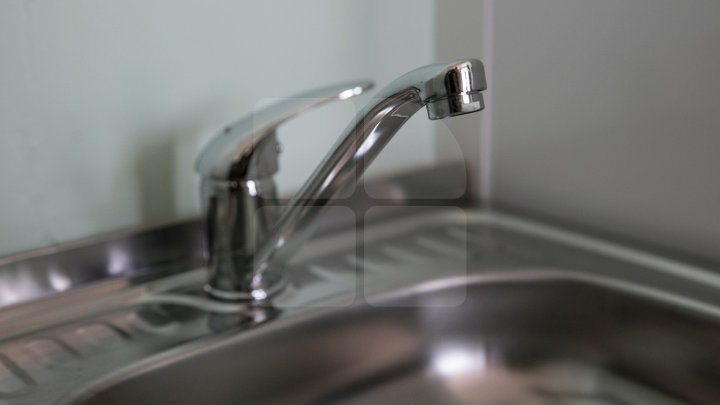More than 27,000 inhabitants of Gagauzia and Taraclia District benefits from quality water in taps
 foto: publika.md
foto: publika.md
More than 27,000 inhabitants of Gagauzia and Taraclia district benefits from quality water in taps. Among them are the inhabitants of the villages of Gaidar and Corten, where the water from the fountains is not drinkable, and during the hectic period is missing. At present, people have a public water distribution station built with money from the European Union under the SARD program. The water is pumped from the depth, filtered and mineralized.
In the village of Gaidar in Ceadir-Lunga district, drinking water was a luxury. Some people bought it with the tanks, and others went for miles to the springs in the neighboring villages.
"Very good location and very useful fountain. Until recently I went to the neighboring town after the water, and now here is beauty", said a woman.
"The water we used before left lime deposits. Now we use the water in the diet, it's very good", said another woman.
"The water was of poor quality. The analyzes presented the results of a polluted, dirty, rusty and odorous water", said Alexandru Coru, director of the Gaidar village, Ceadir-Lunga District.
Doctors say that due to poor quality, many cases of illness have been reported.
"We hope that with the use of filtered water, people's health will improve. The number of kidney diseases will decrease, the condition of bones and teeth will improve," said Ana Acbas, a physician.
Now the water is of the highest quality, said the experts.
"Filters work automatically. These filters clean the water, then through these pipes it gets into the tanks where it is enriched with minerals."
"Thanks to this European program, we have succeeded in realizing this project. We managed to distribute potable water, water that people can take as we see today," said Ilie Chiosea, mayor of Gaidar village, Ceadir-Lunga district.
By the end of the year, through the SARD program, funded by the European Union and implemented by UNDP, public water supply systems will be rehabilitated and in 10 other localities in the region.
In the village of Gaidar in Ceadir-Lunga district, drinking water was a luxury. Some people bought it with the tanks, and others went for miles to the springs in the neighboring villages.
"Very good location and very useful fountain. Until recently I went to the neighboring town after the water, and now here is beauty", said a woman.
"The water we used before left lime deposits. Now we use the water in the diet, it's very good", said another woman.
"The water was of poor quality. The analyzes presented the results of a polluted, dirty, rusty and odorous water", said Alexandru Coru, director of the Gaidar village, Ceadir-Lunga District.
Doctors say that due to poor quality, many cases of illness have been reported.
"We hope that with the use of filtered water, people's health will improve. The number of kidney diseases will decrease, the condition of bones and teeth will improve," said Ana Acbas, a physician.
Now the water is of the highest quality, said the experts.
"Filters work automatically. These filters clean the water, then through these pipes it gets into the tanks where it is enriched with minerals."
"Thanks to this European program, we have succeeded in realizing this project. We managed to distribute potable water, water that people can take as we see today," said Ilie Chiosea, mayor of Gaidar village, Ceadir-Lunga district.
By the end of the year, through the SARD program, funded by the European Union and implemented by UNDP, public water supply systems will be rehabilitated and in 10 other localities in the region.